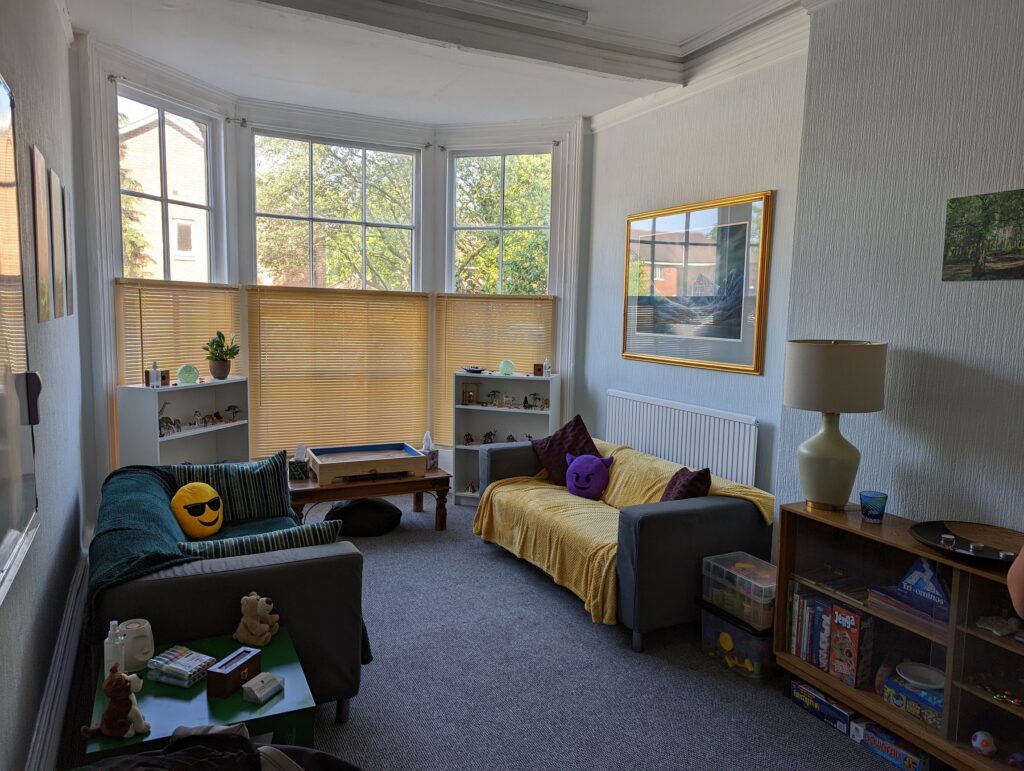Psychotherapy
Emerging Adolescents (18 - 29) is a time of transition when a young adult is forming their identity amidst the flux of change outside in the environment with relationships with peers and parents, at home, or work. There are many changes going on within the brain and body, with biological and hormonal changes happening very quickly, all of this can be confusing.
Often Emerging Adolescents find identifying how they feel and communicating about these challenging or almost impossible; this is where I can help. My therapeutic experience involves using different methods which eases the initial anxiety that most young people feel when attending therapy for the first time. These include creative methods such as Sandtray and Nature based therapy, outdoors on peaceful Forest walk which shift the focus or attention from the client by means of working with Metaphor and Experiential activities which enables the young adult to come to an understanding of themselves, their experiences and their feelings. Being able to make sense of these greatly reduces anxiety and increases self confidence, enabling them to work through the issue(s).

When a client is able to engage with therapy they are able to explore and tackle the issues they are facing which helps in various ways:
- To deal with emotionally difficult issues and learn ways of resolving them
- Learn to function in a change of environment
- Assist with developmental milestones
- Help change their thinking and/or behaviour that is causing problems
- Overcome difficulties with sleeping
- Feeling anxious, tense, angry or tearful
- Feeling like you don’t fit in or not knowing what you want to do
- Finding it difficult to talk about your worries with your parents
- Loss through bereavement, separation or divorce
- Anxiety around school, exams, friendships, bullying
- Issues around drugs, alcohol or sexual health
- Making the transition from childhood to adulthood
- Negotiating the difficult balance between the natural desire to become more involved with peers and less with parents
- Learning to be able to communicate your needs and express your feelings in a way that maintains enough connection between you and your parents and at the same time reducing conflict
- Understanding the reasons behind the way you feel
- Cope with these feelings and find ways of expressing them
- Improve relationships with friends or family members
- Become more aware of yourself and the impact you have
- Be and feel supported with setting goals and achieving them
- Feel more able to communicate your thoughts and feelings to others